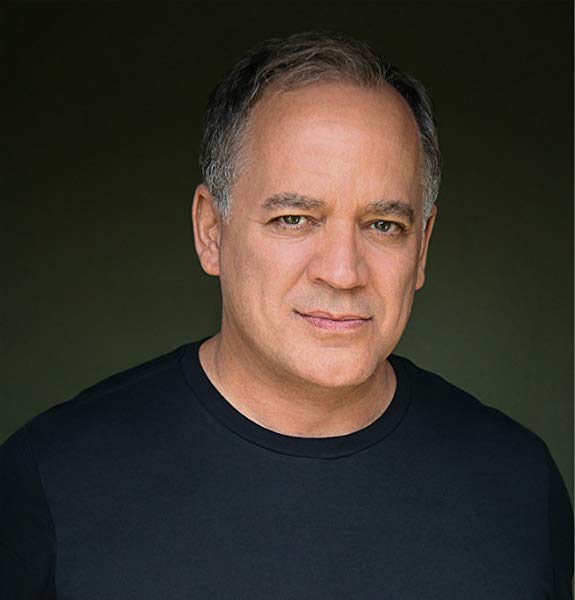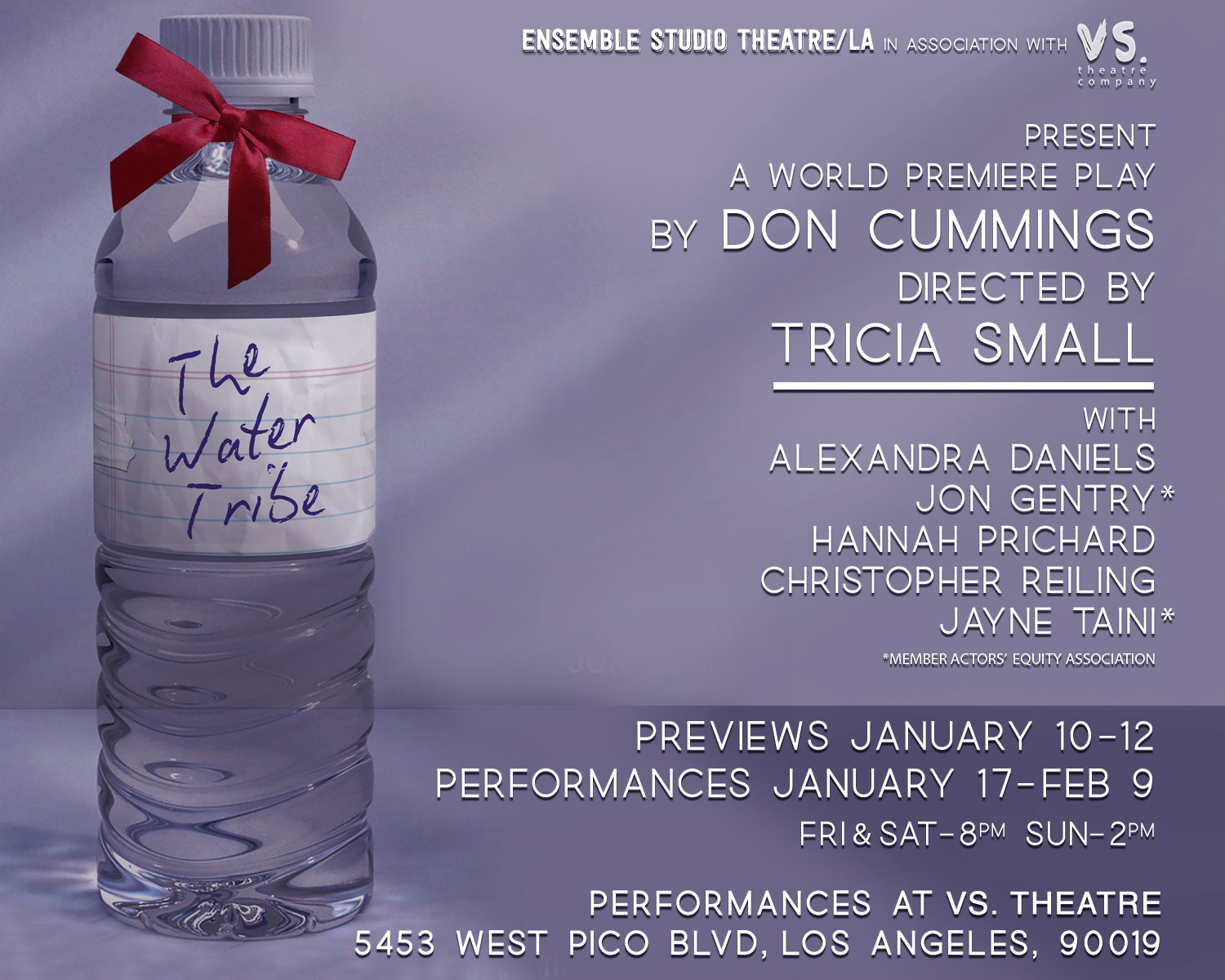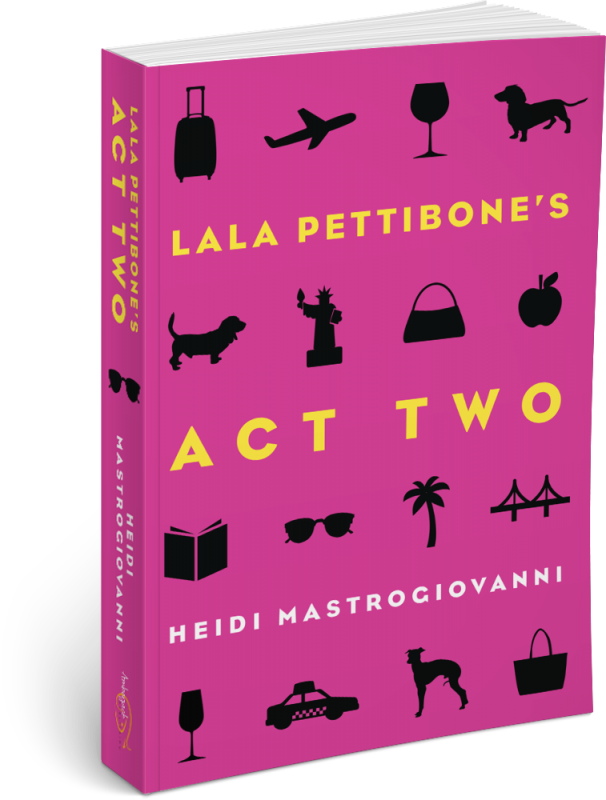IN A FREEWHEELING CONVERSATION WITH PLAYWRIGHT/WRITER/ACTOR DON CUMMINGS…
I have always wanted to use the word “freewheeling.” And now I have. And as it happens, it is absolutely not applicable to the discussion I had with Don Cummings. And just to be sure about that, I confirmed the definition, which includes: “loose and undisciplined.”

Oh, and in the interest of full disclosure—
Yes, that is a phrase I have wanted to use for many years. This is my first opportunity to employ it in print. Proving, once again, that it is never too late…
So, full disclosure: Don is a relatively new and, in short order, treasured friend of mine. I met him at a reading. It was rapidly clear that he is smart and warm and funny. I subsequently read and reviewed his memoir, Bent But Not Broken. As you can see, I loved it:
https://www.nyjournalofbooks.com/book-review/bent-not-broken
From reading Don’s work, I knew that he is tremendously talented. And so I’d like to take this opportunity to officially announce my candidacy for president of the Don Cummings: The Man and The Man’s Writing Fan Club.
Y’all better vote for me after you read this essay. Because, seriously, who’s gonna do a better job?
The catalyst for this particular lunch Don and I had was the world premiere of Don’s play, The Water Tribe, a joint production of VS. Theatre Company and Ensemble Studio Theatre/LA at VS. Theatre, 5453 West Pico Blvd. in Los Angeles. Previews are on January 10, 11, 12, and it opens Friday, January 17, with performances Fridays and Saturdays at 8, Sundays at 2, through February 9, 2020.
I’ve read the play. Are you surprised to hear that I loved it? I can’t wait to see it performed. And if you’re in the L.A. area, you shouldn’t miss it. Tickets are available at: https://dime.io/events/the-water-tribe.
A bit of background on Don before I get to the substance of our discussion. He was born in Bronxville and grew up in Suffern, both in the Great State of New York. He attended Tufts University and spent a semester in college studying in Paris. Right after college, Don went to the Neighborhood Playhouse School of the Theatre in New York City for two years to study acting with Sanford Meisner.
Don and his husband Adam Waring, a TV writer and entertainment exec, are “annoying Francophiles.” With their poodle/bichon Maude, they live “on the edge of Hollywood, just south of the border; we can see Hollywood from our window.”
Before I met with Don, I asked our mutual friend Carole Real, a truly wonderful writer, to send me a list of questions she would want to ask a fellow playwright. Her list, as with all her creations, is lovely and inspiring, and it formed the basis, along with my observations from reading The Water Tribe, of my discussion with Don. I am joyously indebted to her. In a word, Carole ROCKS.
Yes, she is so sublimely fabulous, she deserves all caps.
Don and I got together at a restaurant in the Los Feliz section of Los Angeles. The first place we went to had a line out the door for counter service, and we were, like, yeah, fuck this standing around waiting for maybe, what, half an hour bullshit, so we walked across Hillhurst to a place Don knew that I had passed many times but had yet to try, and it’s now one of my favorite restaurants. Lots of vegetarian options. Yay for that.
Other than pausing to tell the charming server that the potato salad was the best I have ever tasted, and that was not hyperbole, we spent just about all our time talking about writing and creating as it pertained to Don’s new play and about writing and creating in general. I recorded Don’s answers, of course, and about halfway through, I told him that the transcript of his words should be the foundation of a book or the outline for a master class on plays, writing, and storytelling.
That was not hyperbole. I typed his answers and I sent them to Don as is. I hope he takes my suggestion and shares them with the world in some fuller form. If he does, I expect my name to be listed first in the Acknowledgements section.
Don told me what his impetus was for writing The Water Tribe. As you can imagine, water and tribes figure prominently in the story. Each of those words is significant for Don as the conjurer of this tale. A big part of the motivation began on a trip with Adam:
“When we were in Africa, I was really moved by the pain of this woman in this Maasai tribe, and she really kept staring at me and it was more than just interest. I decided, I don’t know if it’s true, but I decided that she wanted out of there and it was really very upsetting.
And I don’t know if I’m exactly an atheist and I’m also against a lot of organized groups in general, so I really wanted to write the play that was almost like a Bernard Shaw play, to prove that tribes are terrible, and how everything about them is oppressive and horrible.
And then I read about it, and if people are not in tribes, they will die.”
As a side note: I’m a very social person, and I also need lots of chances to be alone. I think that puts me into the category of “extroverted introvert,” no? I share Don’s skepticism about group thinking. And I found myself wide-eyed and nodding with recognition when Don spoke of the vital need to be part of a community. It’s one of the reasons I’m a proud Democrat (well, specifically a Femocrat); I believe we rise and fall together.
Regarding the significance of water in this story:
“The water actually came from the Flint, Michigan thing. Did you know that Flint, Michigan is the tip of the iceberg?
There are hundreds and hundreds of municipalities in the United States that do not have drinking water; Newark, tons of places in western Pennsylvania, everywhere.
Obviously the people in Africa have a lot of problems with that. And the women. They get raped because they’re on their way five kilometers back to their place when they go to get water and it’s very unsafe.”
Because virtually every activity has its hard parts and its easier parts, Don discussed the easiest aspects and the hardest challenges of writing The Water Tribe:
“The easiest thing was knowing who the characters were. That came to me effortlessly. I knew the number of characters. I knew I wanted a young couple and then there needed to be some foils, and that all came to me and it was pretty easy.
The hardest part about writing this play, and it’s the hardest part I have with every play, is not knowing when it’s done. I don’t mind editing and killing my darlings, that’s fine, but it was knowing which things to kill. And there was some stuff in this play, about four or five items that were going on, that are just gone. And I would say the hardest part wasn’t removing them, the hardest part was gaining awareness that they needed to be removed. And without the help of others, I would not have known it.”
Don spoke of where he would like to see the play go after the premiere at VS. Theatre, and that included the play staying in southern California “at the Taper or the Geffen or South Coast Rep,” and a regional theater life with other companies performing it.
And then he got me teary when he told me what he would like audiences to take away from his play, and so I want to quote his response in full:
“I’m not going to answer this with a particular response to what the story is, not about what people think happens.
This is so general, but that’s okay; I hope that people will listen to each other, in general listen to other people, with a more compassionate understanding that everyone struggles. That’s what I want. That’s it.”
May I echo Don’s lovely wish; now more than ever…compassion, understanding, kindness.

“I have a lot of strong, amazing women that I grew up with, so I’m used to having that around me. Part of the reason why I became a playwright was because I was an actor. And part of being an actor is that you’re constantly putting yourself in the shoes of others, so it wasn’t that hard for me.
I’ve always had a ton of female friends, so I don’t even really exactly understand this drastic line between the two emotionally. I don’t feel distant from women, so I feel that I understand them, and the truth is the lead character’s emotional life is based on my emotional life. Of course it has changed and it’s fiction, but the feeling of fear of abandonment and being not connected to others is something I feel. And so it’s universal, and if it’s a man or a woman, it doesn’t make a difference.”
Don and I also talked about playwriting in general, including the play he would pick if the world were to suddenly spin off its axis and he were only able to see one work again for the rest of his life:
“I would want to see The Three Sisters over and over again. I want it to constantly change, and I want it to not only change in casting, but I want it to constantly change in style, because for me it’s kind of a perfect play. It’s probably the play that I’ve read the most.
That play, Burn This, and Who’s Afraid of Virginia Woolf? are probably the three plays I’ve read the most. But if I was in some kind of purgatory and I could just see one of them over and over again, I think The Three Sisters has the biggest world and the most room for variation.”
I asked Don if playwrights are ever satisfied with their plays:
“I’m going to go in the opposite direction. I think most playwrights always find something they think they could do better, something could be better, this and that. I am not that person because I like to move on to the next thing. And actually the truth is I’m usually more satisfied. I feel that my job is to make sure the stuff on the page is correct for me, and I have not been in a situation where I’ve had plays and I feel like they need to be drastically changed, because I do work on them for a long time before they’re up on their feet. Some painters have the attitude, oh, I want to go back and retouch a little thing, or there are novelists who, even when their novel is published, not only do they want to change it, but they actually sit around and do. They take their published manuscript and start tinkering with it. To me, that’s nuts. I like to move on, so I’m actually usually pretty satisfied.”
Before we left the restaurant, Don on his way to pick up something called a “jigsaw” (which is not, as I assumed, a puzzle, but, apparently, an important tool in creating a stage set) in the Valley because he is doing whatever needs to be done to get the show on, and me to a quick stop at a pet store to buy yet another cozy bed for our three rescued senior dogs, which I would then awkwardly carry the two-mile walk back to my house because I may be an Angelina but I’m also, once and forever, a New Yorker and I don’t need no stinkin’ car to cover a distance of 40 short NYC blocks on a gorgeous day, I asked Don who he’d like to thank for this production opportunity. I’m going to quote him in full again, because if Don considers these people worthy of thanks, so do I and, in addition, I really appreciate the values and sentiments Don highlights via the words he chooses to express his gratitude:
“I really want to thank Ensemble Studio Theatre/LA, especially for the development process. Without the playwrights unit, this play would not be as good as it is, so that’s really number one.
I have to thank Johnny Clark for the space over at VS. Theatre Company. He’s always been a big supporter of my work and we were always talking about the day when we could do something together, and this is the one. So I’m glad that in an industry where people can just say things and not mean them, he’s a great guy, he’s of his word, and at VS. Theatre Company a lot of risk-taking wonderful new work happens. It’s a great place. I’m really grateful to be a part of it at all.
And I have to thank Crystal Jackson and Lizzy Ross, my co-producers, who are organizing everything. A big thanks has to go to Tricia Small. Tricia Small is a tireless, super creative director who has this incredible ability to not only work well with actors, but is excited by design and the physical elements. A lot of directors are good at one or the other. She really does it all. She’s willing to roll up her sleeves and push her resources and her list of people who can help, including Adam Glover, Tyler Matthew Burk, and Shara Abvabi, all deep creatives. She did all that and more. I am super, super grateful.
And lastly my cast, Hannah Prichard, Christopher Reiling, Jayne Taini, Jon Gentry, and Alexandra Daniels. They’re having a great time, and, yes, I’m grateful that they’re doing it, but I’m also really grateful that they formed a family and are having a good time.”
And now, having read this (and having voted for me for Don’s Fan Club president…), I’ll bet you know who I want to thank, right? Don. For his words, his work, his warmth, his wisdom, his winning ways, his tolerance of my excessive love of alliteration.
If anyone’s looking for me on opening night of The Water Tribe, I’ll be that person sitting in an aisle seat desperately trying to dab at her tears – of laughter and of heartbreak – before they make her mascara run down her face…







